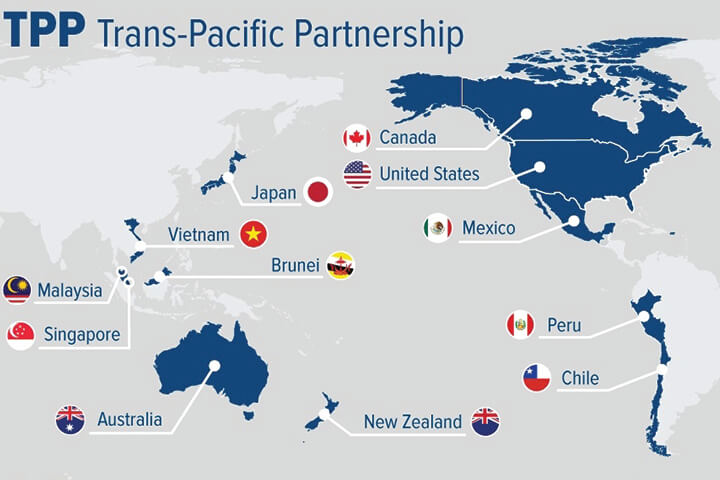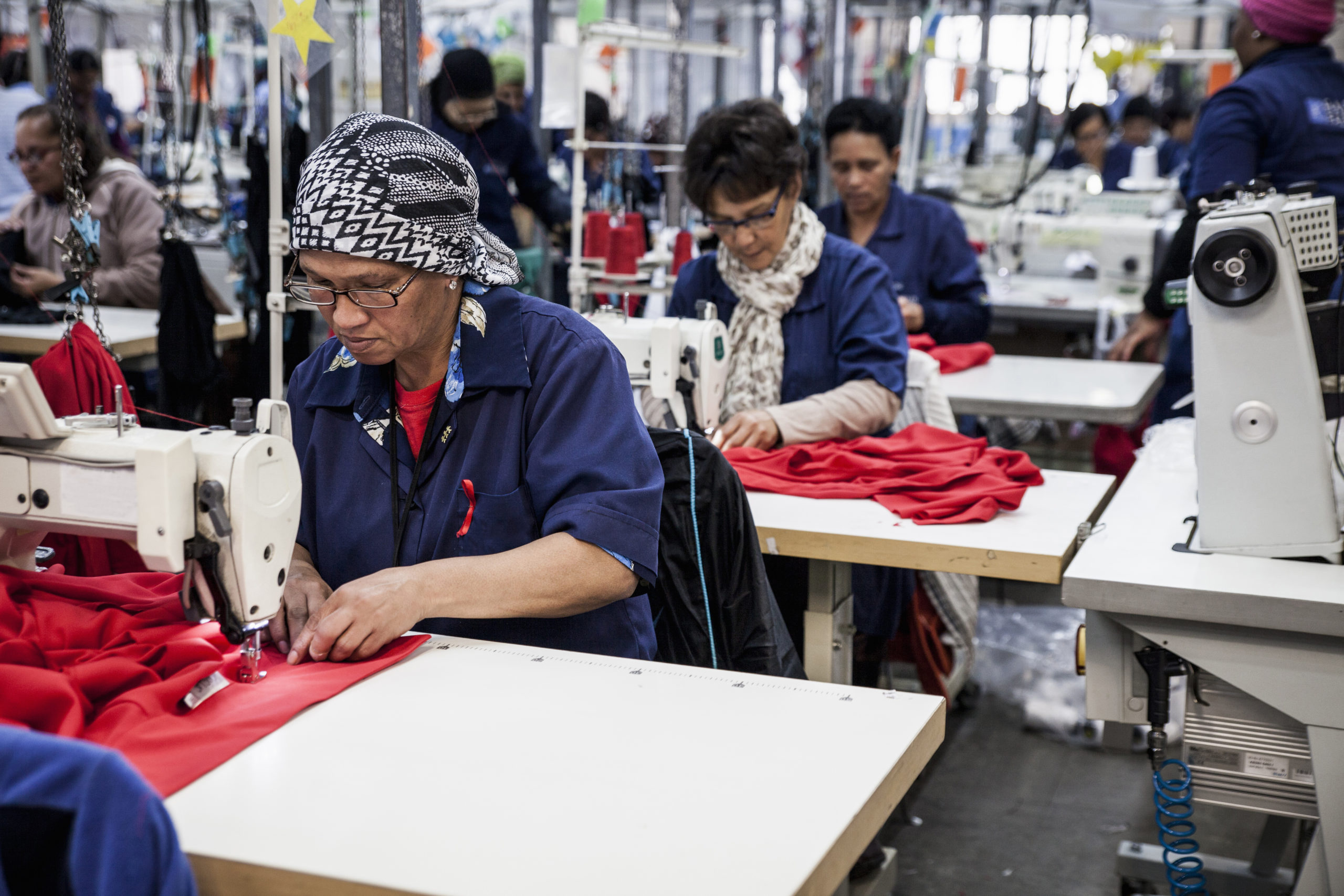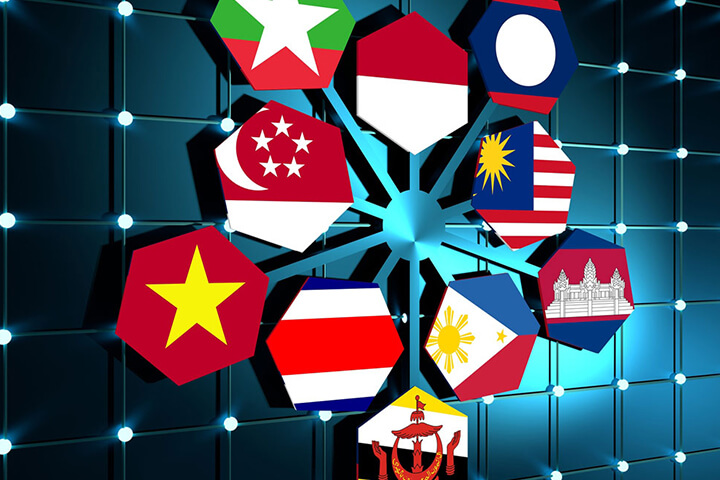Future of Trans-Pacific Partnership (TPP)

The Trans-Pacific Partnership is a trade agreement between countries (Australia, Brunei, Canada, Chile, Japan, Malaysia, Mexico, New Zealand, Peru, Singapore, Vietnam and the USA). The idea behind the partnership was to lower both non-tariff and tariff barriers to trade. The U.S. International Trade Commission, the Peterson Institute for International Economics, the World Bank and the Office of the Chief Economist at Global Affairs Canada found the final agreement would, if ratified, lead to net positive economic outcomes for all. However, on November the 8th 2016, the controversial Republican candidate for the general election of the United States, Donald Trump, won the presidency. During a speech on the 2016 presidential campaign, Republican Party nominee Donald Trump vowed to withdraw the United States from the Trans-Pacific Partnership if elected. He argued that the agreement would “undermine” the U.S. economy and its independence. With the USA, the largest economy in the world, withdrawing, the future of TPP was very much uncertain.
In January 2018 the remaining eleven countries agreed on a revised TPP, now renamed as the “Comprehensive and Progressive Agreement for Trans-Pacific Partnership” (CPTPP). The agreement remains substantially the same, but contains a list of 20 “suspended provisions” that were added to the TPP at the U.S.’s insistence and that are now no longer binding.
The logic for a deal remains compelling, Australian Prime Minister, Malcom Turnbull said, “The TPP would improve market access and support the rule of law…. and the world was dangerously short of both”. Nonetheless, TPP was largely built with US participation in mind, and with the world’s largest economy no longer a participant, many other nations have voiced their concerns. The pacts second largest remaining economy (Canada, after Japan) is pushing to beef up what it calls “progressive” elements of the deal while maintaining market access.
Japan, the world’s third largest economy, continues to strongly advocate for the TPP. No matter what agreement comes to fruition, it will take time. It is, however, very likely that portions of the TPP framework will heavily influence forthcoming free trade agreements, as mentioned by Forbes.
The core tenants of the TPP support globalization along with the values of a civil society which will always have a place in the growing global trade arena.
Previous Post Next Post





